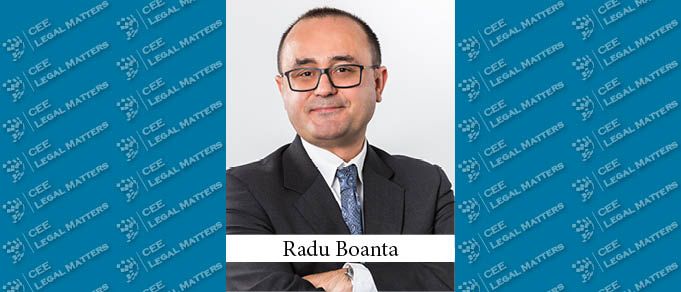Due to multiple murky provisions in the applicable legislation, the privatization process in Romania has triggered a number of legal battles, varying from the rescission of share sale purchase agreements concluded between the Romanian state (acting through various entities) and investors for the investors’ failure to comply with investment obligations to the recognition or protection of certain rights arising from the privatization itself.
A particular type of dispute stems from the certificates attesting the ownership of lands belonging to the privatized entities (“Certificates”). These titles were issued based on a specific procedure by the public institutions involved in the privatization process (e.g., the ministries under which the former state-owned enterprises – reorganized after the fall of the communism as commercial companies or government business enterprises (in Romanian “regii autonome”) – used to function). Their purpose was to attest, in the interest of the Romanian State, the ownership of lands adjacent to various factories/plants belonging to the privatized entities which were used (more or less) in the course of their business (the “Lands”).
The legislation in the privatization area was devised to include a little twist, with the shares of the former state-owed entities sold to investors without the value of the Lands being factored into the price, only to allow the Romanian State, at a later stage, when the Certificates were finally issued, to participate as single contributor in the share capital increase of the privatized entities with the value of the Lands included in the Certificates.
This often resulted in the investors being flipped-over by the relevant public institutions involved in the privatization process as the value of the Lands (which was set on the basis of valuation methods close to market value) was far greater than the value of the share capital, with other indicators/methods such as net asset value/adjusted net asset being completely left out.
As inequitable as this share capital increase by operation of law appears to be - given that in many cases the issuance of the Certificates took place long after the completion of the privatization and the making of the investments undertaken in the privatization contracts - its ultimate legal consequences were (and still are) in most cases extremely severe for the investors.
In order not to lose control over companies acquired from public institutions via the privatization process and into which they have invested their time, effort, and money, the investors are forced to purchase a number of the newly-issued shares at an even higher price simply to restore them to the ex ante position they had before the share capital increase.
What appears to be completely unfair, however, is the fact that the Certificates are used even long after their issuance. For example, in a recent dispute we were involved in, we questioned the validity of a share capital increase with a land value included in a Certificate issued back in 2002. The share capital increase operation had been registered with the Trade Registry in 2017 in respect of a company which was privatized in 2000. During the legal proceedings, we asked the court, inter alia, to rule that the entitlement of the public institution involved in the 2017 privatization process to a share capital increase operation with the value of land included in a Certificate issued in 2002 was time-barred.
The court upheld our position and ruled that since the Certificate was issued in 2002 and was not availed of within the statute of limitations prescribed by the law for any ius in personam (i.e., the right to enforce a particular person’s obligation), the public institution was barred from capitalizing on the rights afforded under it.
The case summarized above is not, obviously, the exclusive means to deter all the unbalanced situations created by the abusive manner in which the Certificates are put into effect. Depending on the case, the evidence, and other legal elements, effective defenses can be put in place in order to prevent any bitter consequences generated by the Certificates.
By Radu Boanta, Partner, CEE Attorneys
This Article was originally published in Issue 6.5 of the CEE Legal Matters Magazine. If you would like to receive a hard copy of the magazine, you can subscribe here.



